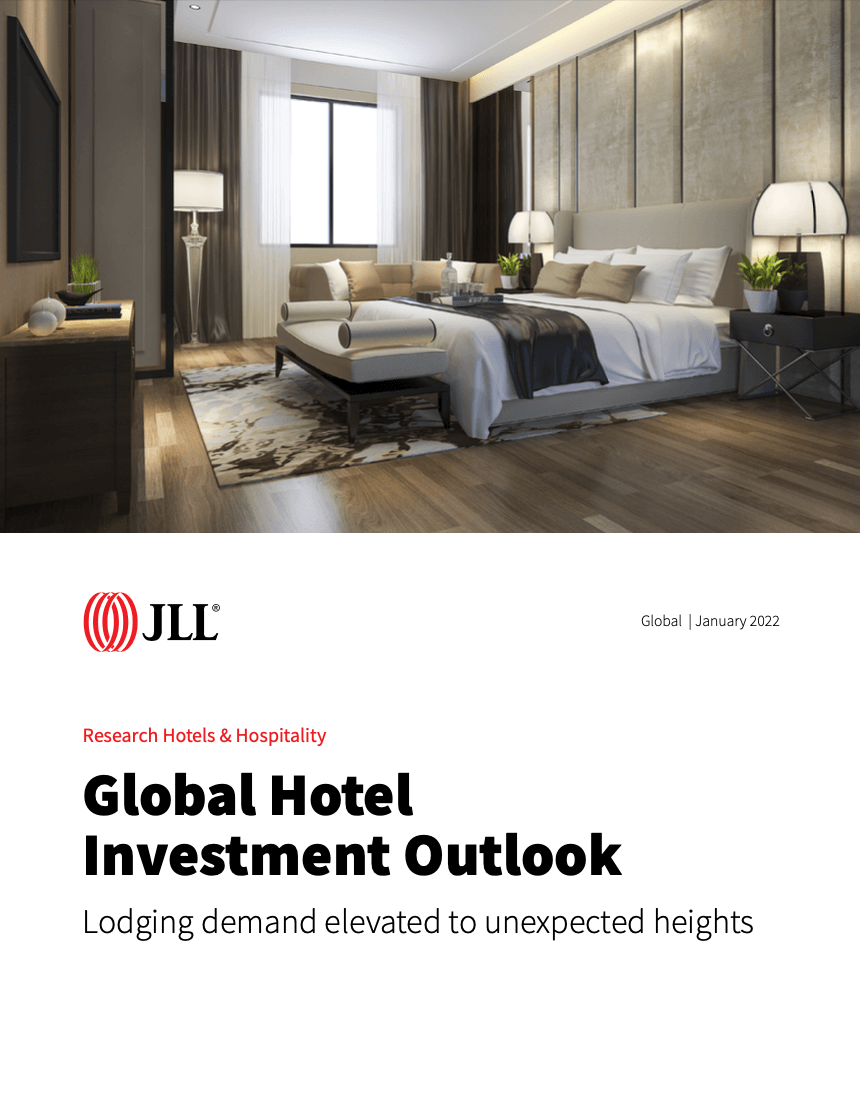India has now vaccinated more than 470 Million of its citizens against COVID 19: a staggering achievement, with a current jab rate of 4,166 a minute, and that’s without a single incentive in sight. On the other hand, the United States and the United Kingdom are seeking to re-energise their own vaccine programmes with promises of a $100 dollar handout and, what else would Boris Johnson choose, promises of cut price fast food (“Kebabs for Jabs”): the subcontinent is content to rely on community spirit and public interest, and its doing very well in the process.
No surprise then that India is now starting to see some of those longed for green shoots of recovery: particularly in the hotel and hospitality sector.
Getting About and Staying Away
According to HVS Anarock’s latest Sector Report (www.anarock.com), with the vaccination programme gathering pace, hotel occupancy rates rose sharply across all of India’s major cities in June: Mumbai was (and still is) leading the pack with a month on month increase of 53%, followed closely by New Delhi (41%), and fuelled across the board by a surge in “staycations” and weekend breaks as the world’s fastest growing population steadily emerges, blinking into the daylight, from lockdown restrictions. Domestic air travel also increased by over 47% in June…average occupancy rates on the subcontinent were up by 32% (a 14% increase), and that all important revenue per available room index soared by a striking 95%, representing a year on year increase of 80%.
So be in no doubt, getting about and staying away is on the way back…with a vengeance.
All of which means publically traded Hotel Stock is also experiencing a steady upward trajectory at the moment: after all, you can’t buck the market (as someone once said), and its pretty clear where this market is heading. Increasing positivity across the sector means hotel groups are now regularly outperforming major indices, and that in turn reflects nineteen new openings on the subcontinent in the first half of 2021 (up by five year on year), with 49 planned over the next six months. Smart investors, it seems, are voting with their pocketbooks…
Environmental Compliance: more than a “Green Rebranding”
But, of course, it’s not just about stark numbers and hard metrics (beloved as those might be by markets across the globe), it’s also about investing smarter as well: and more than anything else in a post-pandemic world that means environmental compliance.
Precisely because of the traumatic, isolating effects of COVID 19, travellers are now more keenly aware than ever of the importance of ESG compliance when it comes to choosing where they’ll stay: and that means more (much more) than a superficial, green rebranding, despite the best efforts of the Hilton Group to persuade us of the virtues of not asking for a second bar of soap. It means properly calibrating eco consumption variables from the construction phase up, incorporating water saving devices and waste reduction (for example) from the earliest stages of the project. That’s why Eco Hotels are so attractive (www.ecohotelsglobal.com), not just because they’re more responsive to these changing patterns of demand, but because they’re also more commercially viable than traditional hospitality platforms, with leaner running costs feeding directly into the bottom line.
By definition, resource efficiency means lower operating costs, delivering higher returns on relatively low risk investment, as well as greater all round profitability (www.academia.edu/33994279), and that’s not something anyone is likely to lose sight of anytime soon as the world opens up again after COVID. Long-term sustainability will be a vital determinant of tourist choice: matching an evolving public awareness of the challenges posed by climate change with the demands of carbon reduction.
Getting about will increasingly mean staying away responsibly…
DISCLAIMER: The views expressed are solely of the author and ETHospitalityWorld.com does not necessarily subscribe to it. ETHospitalityWorld.com shall not be responsible for any damage caused to any person/organisation directly or indirectly.
Article also published in the Economic Times.






